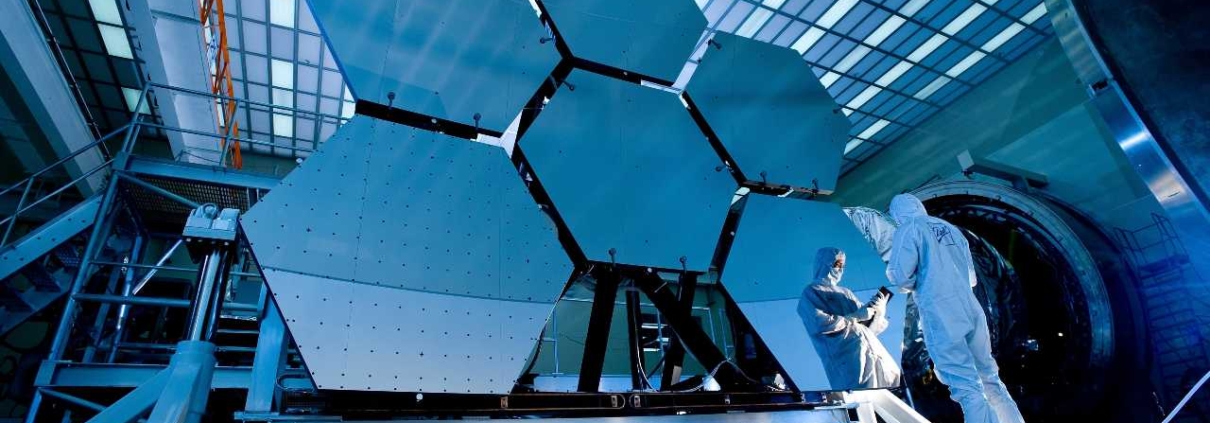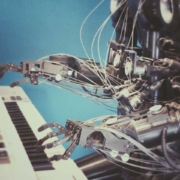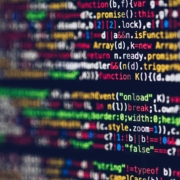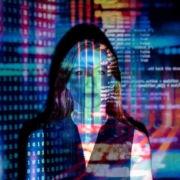The fourth industrial revolution.
Technological developments are increasingly converging with people and their society and are about to drastically change our lives.
The fourth industrial revolution is distinguished from the previous revolutions because of the speed of developments, the global scale and the most far-reaching impact on man and his society.
Mobility information
It is a wonder of the world that billions of people worldwide can connect almost without problems. With a simple click not only simple messages but complete files are sent worldwide. The internet unlocks every area on this planet. Companies such as Google are also opening up hard-to-reach places via satellites. The mobile network unlocks information much faster than the traditional media as we have seen again last year.
Intelligence
The next groundbreaking step is that with the latest computer technology [Quantum technology], artificial intelligence is very close. The calculation speed and compactness of the latest systems, combined with advanced algorithms, opens the door to artificial intelligence.
Robotisation.
The fear of many workers and unions is the fast advancing robotisation. They used to be clumsy devices. The latest robots can now easily imitate human motor skills. A Japanese robot smoothly imitated the physical motor movements of a samurai swordsman and just as easily cut a candlelight.
Nano and biotechnology.
In the medical world, the first steps are already being taken to apply nanotechnology, such as in neurology. The biotechnology sector has reached the next level when it comes to the development of new resistant crops through to the most advanced medications.
Challenges and opportunities
Like the previous industrial revolutions, the fourth revolution also offers the possibility of economic development and further improvement of our well-being. If it were mainly products that benefited the consumer, supply chains will soon benefit from the latest technology and see their costs fall and have more possibilities to offer the consumer optimally in terms of speed and service.
On the other hand, there is a chance that the new revolution will cause a greater degree of inequality in our society. Certain groups that cannot keep up, such as low-skilled workers, will miss the boat. Now this can be a temporary effect, as was the case with previous revolutions. The question is how society will bridge that period to prevent too much unrest. In any case, we are growing that high skill / high pay becomes a dominant factor in the labor market. This is one of the fears of the less educated and increasingly resists globalization. The lower middle group and the lower group are the ‘losers’ in this revolution.
Another challenge is who controls, manages and owns the capital of the new revolution. The influence of global players such as Google, Facebook, but also pharmaceuticals, technology companies, may be decisive due to their scale. This affects the political primacy. Something that can already be seen in the United States with the latest elections. Such developments can lead to unforeseen and unwanted countermovements.
Business developments.
What is striking about this revolution is that even the best-equipped and informed companies can still be surprised by the umpteenth new development, startup, app, etc. The process has its own dynamics and hardly any control from politics or business. This partly explains the somewhat conservative attitude of the business community towards Big Data, for example. Everyone realizes that it is important that their business can help, but the how, where, when, who and why are not properly understood.
Where Big Data is increasingly able to unlock the wishes and requirements of consumers, the same wishes and requirements take a bird’s-eye view and are constantly changing direction. These developments are disrupting existing traditional structures [Uber], but are also not yet able to meet consumer demands. Organizations must now simultaneously take into account that the revolution has had an impact on consumer requirements, product and / or service development, cooperation and organizational structures. In addition, current technology offers platforms that consumers develop and exchange more and more products and services themselves, thereby side lining the business community. [Energy]
Politically.
The technology also allows the voter to interact more quickly and directly at the political level. [digital or non-referendums] Politicians are also confronted with the enormous speed of development and the real-time pressure from the voter. Consensus, there is hardly any room for weighing up interests. This complicates international cooperation, for example, because sentiment is gaining the upper hand [TTIP]
Politicians can ‘survive’ if they better realize what they do decide and what they leave to the citizen. The private equity firm is a first step but has a major shortcoming. If you transfer the responsibility, you also have to transfer the further regulation in the form of decisions, organization and financing. It has lacked this, so that the consumer does not feel addressed and resists.
Surroundings.
The latest developments can boost the climate. The fossils are clearly on their way out. Not only because of government regulations, but the finiteness and diminishing returns are causing more and more companies to forgo new investments in this polluting generation. New mobility developments will reduce the pressure and better information gives the opportunity to come up with smarter solutions that benefit the environment. More and more companies but also politicians are aware that C2C solutions reduce dependency in a world where the pressure on raw materials increases progressively and increases costs.
Future.
Particularly in a revolution that seems so elusive, political and industrial policymakers have an important role to play. Creating a framework within which innovation can develop freely. A framework develops in close cooperation and consultation with society that sets limits to the permissible and desirable. Unfortunately, many policy makers are still caught in the traditional linear way of thinking. Usually top down. We will have to recalibrate our norms and values, taking into account the power of this revolution on the one hand, but also taking into account the absorptive capacity of society and man. Then there is a chance that this revolution will give a new chance to humanity in terms of creativity, humanity and morality with a clear common goal.








